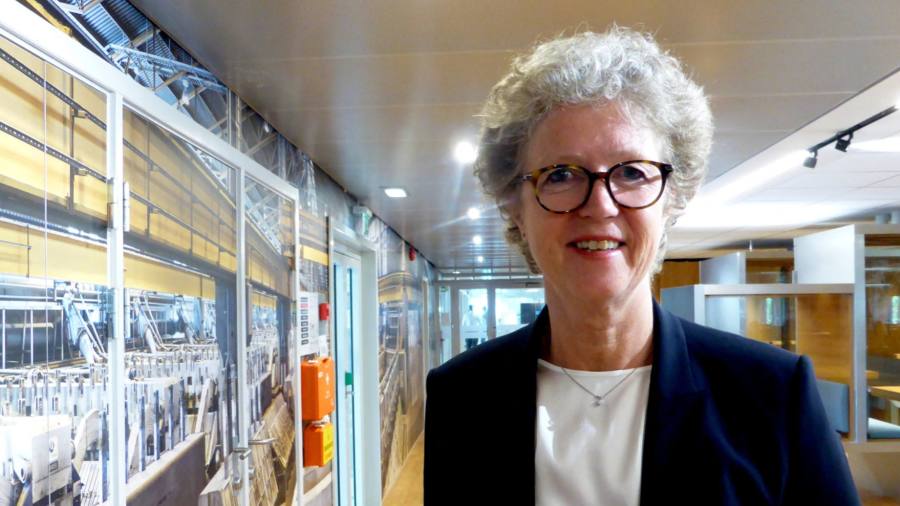
Norsk Hydro is launching “thousands of initiatives” to cut costs at the Norwegian aluminium producer as European heavy industry fights to stay competitive amid surging power prices.
The supplier to the likes of Ford, Mercedes-Benz and Hell Energy drinks outlined plans on Thursday to slash costs, spend more on new projects and reduce dividend payouts relative to profits because of soaring inflation.
Chief executive Hilde Merete Aasheim said during the company’s capital markets day that “thousands of initiatives” throughout the business would cut fixed costs as well as improve productivity and procurement, resulting in a total of NKr10bn ($1.02bn) in savings by 2025, up from a previous target of NKr8.5bn, and NKr11bn by 2027.
Norsk lifted its capital expenditure guidance for next year to NKr13.5bn, versus previous guidance of NKr10bn for the period.
It also proposed a reduction in returns to shareholders with plans to distribute 50-70 per cent of its 2022 adjusted net income, bringing the target down from 70-80 per cent in 2021.
Norsk is one of the world’s biggest producers of aluminium as well as alumina, its key ingredient. It makes about 2.2mn tonnes of the lightweight metal a year.
But like a host of other industrial companies in Europe, Norsk has been stung by the energy crisis prompted by Russia cutting gas supplies to the continent — despite having its own hydropower supply at many of its operations.
Aluminium, a strategically important material because of its use in the aerospace, automotive and military industries, is one of the industrial products most heavily affected by the fallout of the Russian invasion of Ukraine.
Norsk has been forced to stop production at a smelter it owns in Slovakia and has cut output elsewhere because of rising energy costs.
As Norsk faces the energy crisis Aasheim is also seeking to rebuild the company’s operational performance after an environmental dispute in Brazil that halted production at the world’s largest alumina refinery and a damaging cyber attack.
The company predicts a boom in demand for low-carbon aluminium produced using renewable power and recycled material, forecasting 20 per cent annual growth in its key markets against 3 per cent growth for aluminium more broadly.
Much of that demand is expected to come from electric vehicles, whose heavy batteries create the need for lightweight cars made of aluminium instead of steel.
Norsk announced a partnership with Mercedes-Benz on Thursday to supply low-carbon aluminium products from 2023 for the German company’s cars including its EQ electric cars.
Norsk is also trying to diversify its business by expanding into batteries, through NKr3bn of spending between 2020 and 2025, as well as hydrogen, wind and solar projects.